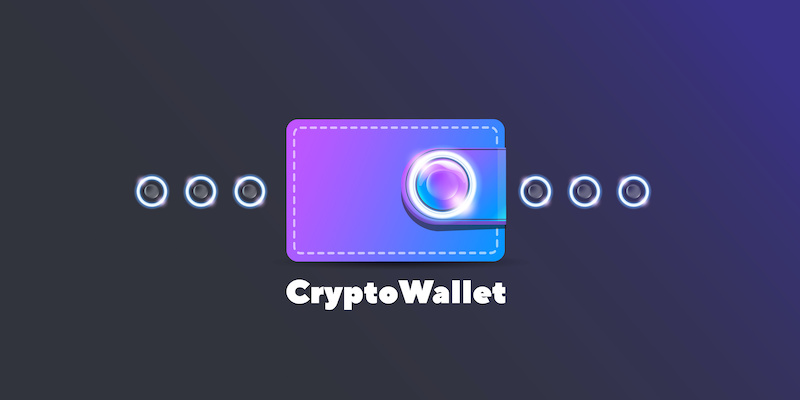
Cryptocurrency appears in nearly every recent news story. But how does it impact the way you plan your estate? You may be surprised to learn that the way you store digital currency adds an additional layer of complexity to estate planning. In fact, cryptocurrency holding methods emerge as one of the most important estate planning considerations. After all, if you fail to plan for how to pass on your cryptocurrency, it could be lost after you die.

Custodial Wallet as Cryptocurrency Holding
A third party, such as a crypto exchange, holds your cryptocurrency, like how a bank keeps your money in a checking account. While this remains the most convenient option and you will not need to worry about “losing your keys,” the downside of leaving your crypto in another party’s possession is that that party could freeze your funds or be subject to a cyber-attack. With this type of wallet, your beneficiary works with customer support to transfer the crypto after your death.

Cryptocurrency Holding Cold Wallet
A cold wallet is a physical storage device, such as a USB drive. It stores your crypto offline. The downsides of this option include the cost of the hardware, and that the device may be a small object which may easily be misplaced. However, it is also the most secure option for storing crypto because hackers cannot steal it when it is offline. Make sure that your trusted decision maker or beneficiary knows where to find the cold wallet. What’s more, leave them detailed instructions for accessing the stored crypto.
Hot Wallet

A hot wallet is a desktop, web-based, or mobile app which stores your crypto online. While convenient, the big drawback to a hot wallet is that crypto stored online runs a high risk of hacking and theft. Your estate plan should include instructions on how to access the hot wallet.
Paper Wallet

A paper wallet is a printout of keys. These are usually in the form of characters and scannable QR codes. This option provides a high security because it stores your crypto offline. However, it is the least convenient. What’s more, the risk of losing the paper wallet remains.
Rapidly Evolving Cryptocurrency Holding Laws

No matter how you store your cryptocurrency, your trusted decision maker should know how it is stored, where it is stored, and how to access it. Leave them info about how to access all security keys, seed phrases, usernames, and password information. Because cryptocurrency and the estate planning laws surrounding it rapidly evolve, work with an estate planning attorney who understands the unique challenges involved in planning for crypto.
About Skvarna Law Firm in Glendora and Upland, California

A skilled attorney can assist with your estate plan. Contact us today to learn about your options (909) 608-7671. We operate offices in Glendora and Upland, California. We provide legal services for individuals living in San Bernardino, Los Angeles, Orange, and Riverside Counties. This includes the cities of Upland, Ontario, Rancho Cucamonga, Fontana, Colton, Rialto, Chino, Chino Hills, Glendora, Claremont, Montclair, Pomona, La Verne, San Dimas, Azusa, Covina, West Covina, Diamond Bar, Walnut, La Puente, Corona, Norco & Mira Loma. Visit SkvarnaLaw.com to learn more.


